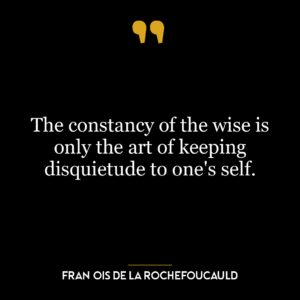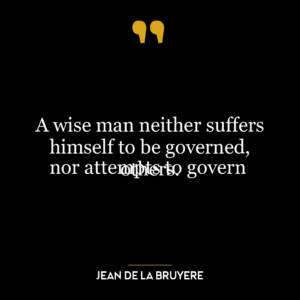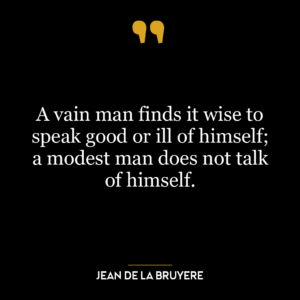This quote speaks to the deeply ingrained nature of habits and patterns of thinking. Once a certain way of thinking or behaving has been established in our minds, it becomes second nature, almost like a reflex. This is because our brain creates neural pathways for our thoughts and actions. The more we repeat a thought or action, the stronger these pathways become, making it easier and more automatic for us to continue in those patterns.
However, this quote also highlights the challenge that comes with trying to unlearn these deeply ingrained habits or patterns of thinking. Because these neural pathways are so well-established, it can be difficult to break away from them and establish new patterns. This is why change, particularly behavioral or cognitive change, can be so difficult and require so much effort and persistence.
In today’s world, this concept is particularly relevant in the context of personal development and self-improvement. For instance, let’s say someone has developed a habit of procrastination. This habit didn’t form overnight, but over a long period of time and through repeated behavior. Trying to break this habit and develop a new habit of productivity is not as simple as making a decision to change. It requires consistent effort, patience, and perseverance to gradually weaken the old neural pathways and strengthen new ones.
Similarly, in the context of societal change, this quote speaks to the difficulty of changing long-established societal norms and beliefs. For example, prejudices and biases that have been ingrained in a society over generations are not easy to eliminate. It requires a collective effort, education, and persistence to gradually shift societal attitudes and beliefs.
In summary, this quote underscores the importance of understanding that change, whether personal or societal, is a process that requires time, effort, and patience. It also serves as a reminder that while unlearning may be difficult, it is not impossible.
















